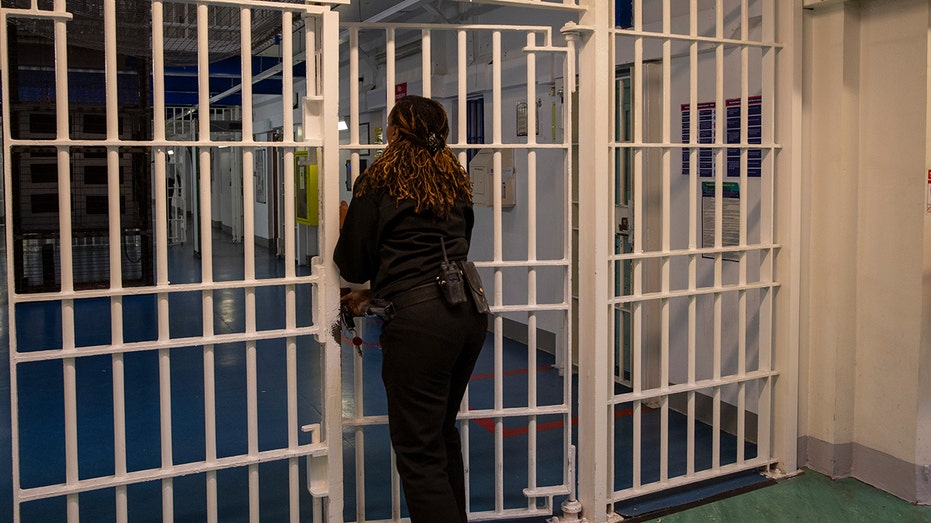Experts Warn that Ending U.S. Birthright Citizenship Could Lead to Significant Negative Consequences
Over 22 states and immigrant rights groups sue Trump administration over birthright citizenship order, which has yet to be upheld in court.
The Supreme Court recently undertook oral arguments in a high-stakes case examining the legality of President Donald Trump’s executive order aiming to end birthright citizenship. The case, which has attracted nationwide attention, is poised to have significant implications for both U.S. immigration policy and the balance of judicial power. While the justices focused much of their inquiry on the scope of lower court authority to issue universal or nationwide injunctions—a legal tool used to halt federal policies before they take effect—questions about the underlying constitutionality of the order were also raised in the courtroom. The executive order at issue, titled "Protecting the Meaning and Value of American Citizenship," was signed by President Trump on the first day of his second term and scheduled to be enacted on February 20. It instructed all federal agencies to withhold citizenship documentation from children born in the United States to undocumented immigrants and certain temporary visa holders, unless one parent was a permanent resident or citizen.
Historical Precedent Challenged
The proposed change provoked immediate concern over its attempt to reverse more than a century of established legal doctrine rooted in the 14th Amendment, which has long guaranteed that children born on U.S. soil are granted citizenship, with limited exceptions. Immigrant advocacy groups and Democratic-led states swiftly filed lawsuits, arguing that the executive order represents a fundamental violation of the Constitution.
- A lawsuit spearheaded by 18 Democratic attorneys general warned that stripping birthright citizenship would affect hundreds of thousands of children yearly, many brought into the country through no fault of their own.
- Statistics cited in court documents estimate that approximately 150,000 children are born annually to noncitizen parents who would be affected if the executive order is enforced.
The American Civil Liberties Union (ACLU), among the groups challenging the order, shared stories of families already facing uncertainty. In one example, attorneys highlighted the plight of an Indonesian couple residing in New Hampshire, awaiting asylum and preparing for the birth of their child. Under the order, their baby would lack citizenship, potentially being denied essential services such as health care and nutrition, and facing lifelong obstacles obtaining identification, employment, or participating civically.
Opponents argue that the harm would not be limited to infancy, but would follow these children throughout life, preventing them from accessing basic legal rights and integrating fully into American society. New Jersey Attorney General Matthew Platkin, representing a coalition of states opposing the measure, characterized the executive order as “a flagrant violation of our Constitution” and emphasized that the U.S. has recognized birthright citizenship for over 150 years.
Despite vigorous litigation and national debate, no court has upheld the Trump administration's order thus far. More than 22 states and several prominent immigrant rights organizations continue to press their case, labeling the move unconstitutional and without precedent in modern U.S. history.
A final decision from the Supreme Court will shape not only the future of birthright citizenship but also the reach of presidential authority and lower court powers in future immigration battles.


